10 GPTs for System Debugging Powered by AI for Free of 2026
AI GPTs for System Debugging are advanced artificial intelligence tools based on Generative Pre-trained Transformers, specifically tailored for identifying, analyzing, and resolving system errors and bugs. These AI-driven assistants are designed to understand complex system architectures, codebases, and error logs, providing customized debugging solutions. By leveraging natural language processing and machine learning, they offer precise, context-aware insights into system issues, making them invaluable for maintaining software reliability and performance.
Top 10 GPTs for System Debugging are: GPT for Modelling System Dynamics,Code Geass,Unix Shell Simulator with Visuals,Distributed Systems Engineer,Linux Kernel Code Explainer,Embedded Expert,Charge Point Engineer,File Insighter,Asset Hound,C++ Mastery in Autonomous Robotics Systems
GPT for Modelling System Dynamics
AI-powered modeling and simulation guidance

Code Geass
Empowering Development with AI

Unix Shell Simulator with Visuals
Visualize Unix, Simplify Learning
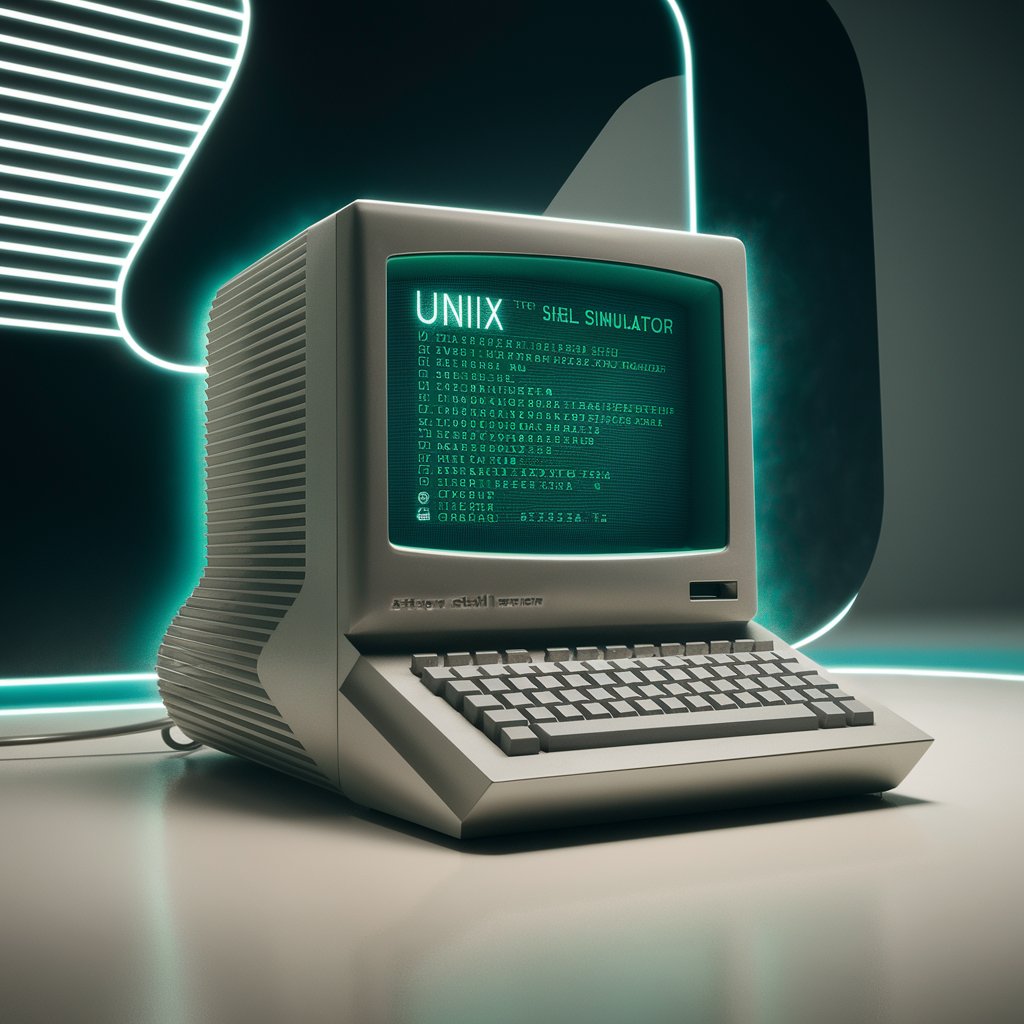
Distributed Systems Engineer
Empowering your distributed systems journey with AI
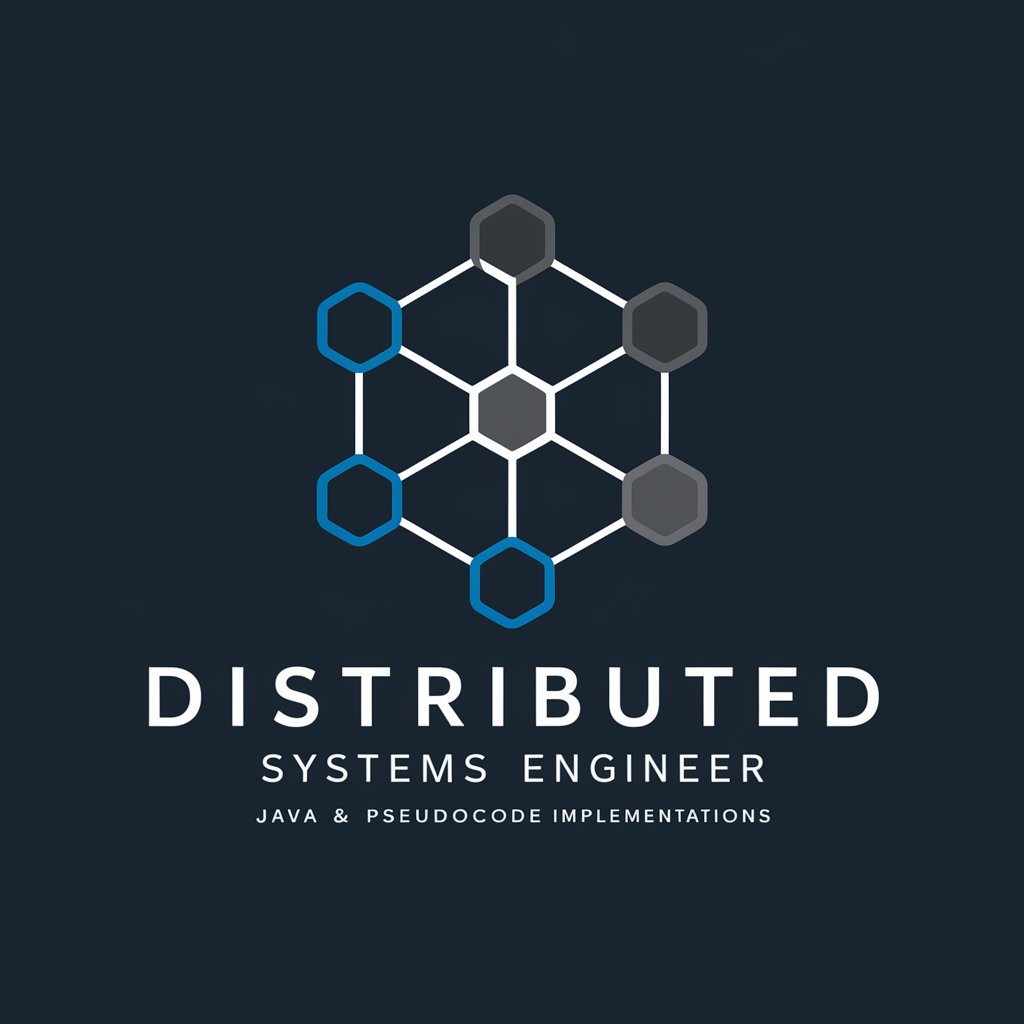
Linux Kernel Code Explainer
Deciphering Kernel Code with AI
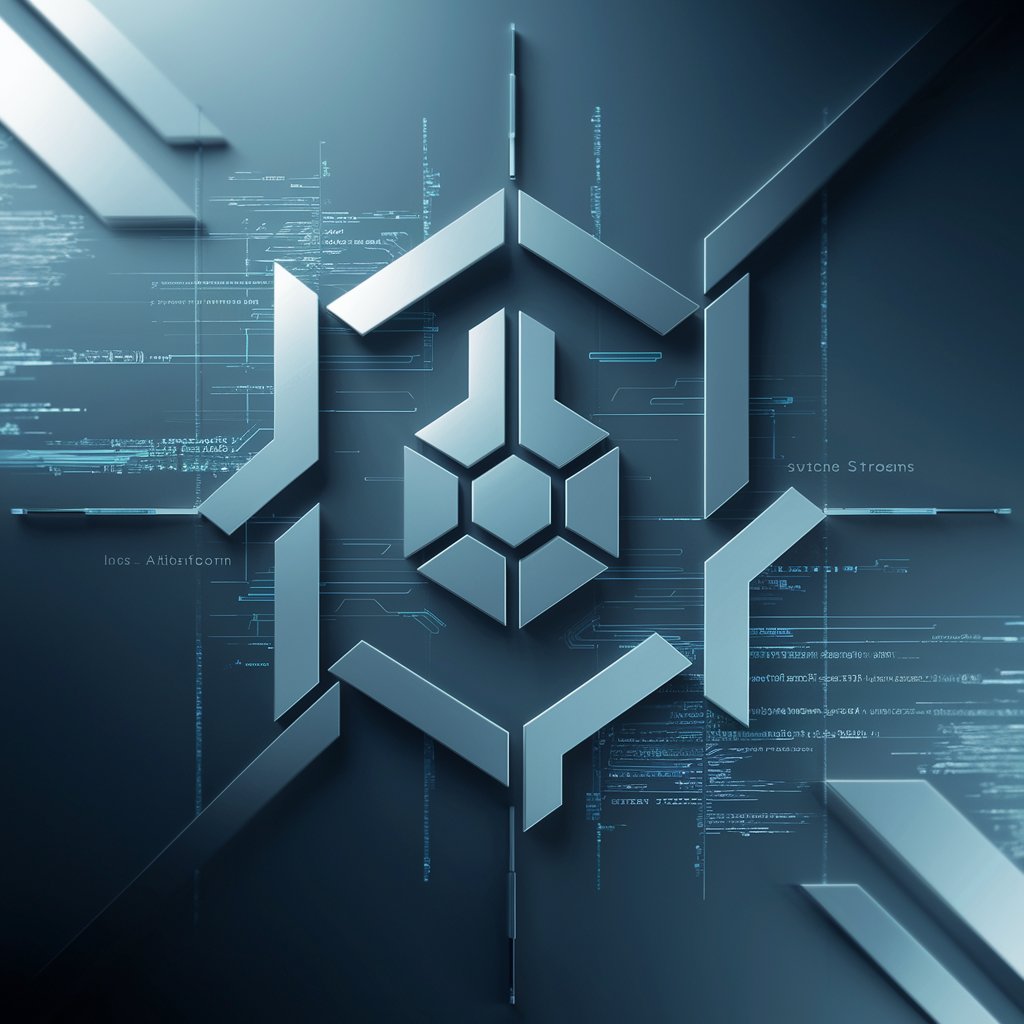
Embedded Expert
Unleash AI Expertise in Embedded Systems

Charge Point Engineer
Optimize EV Charging with AI

File Insighter
Unveil Hidden Data with AI

Asset Hound
Enhancing DXP Development with AI
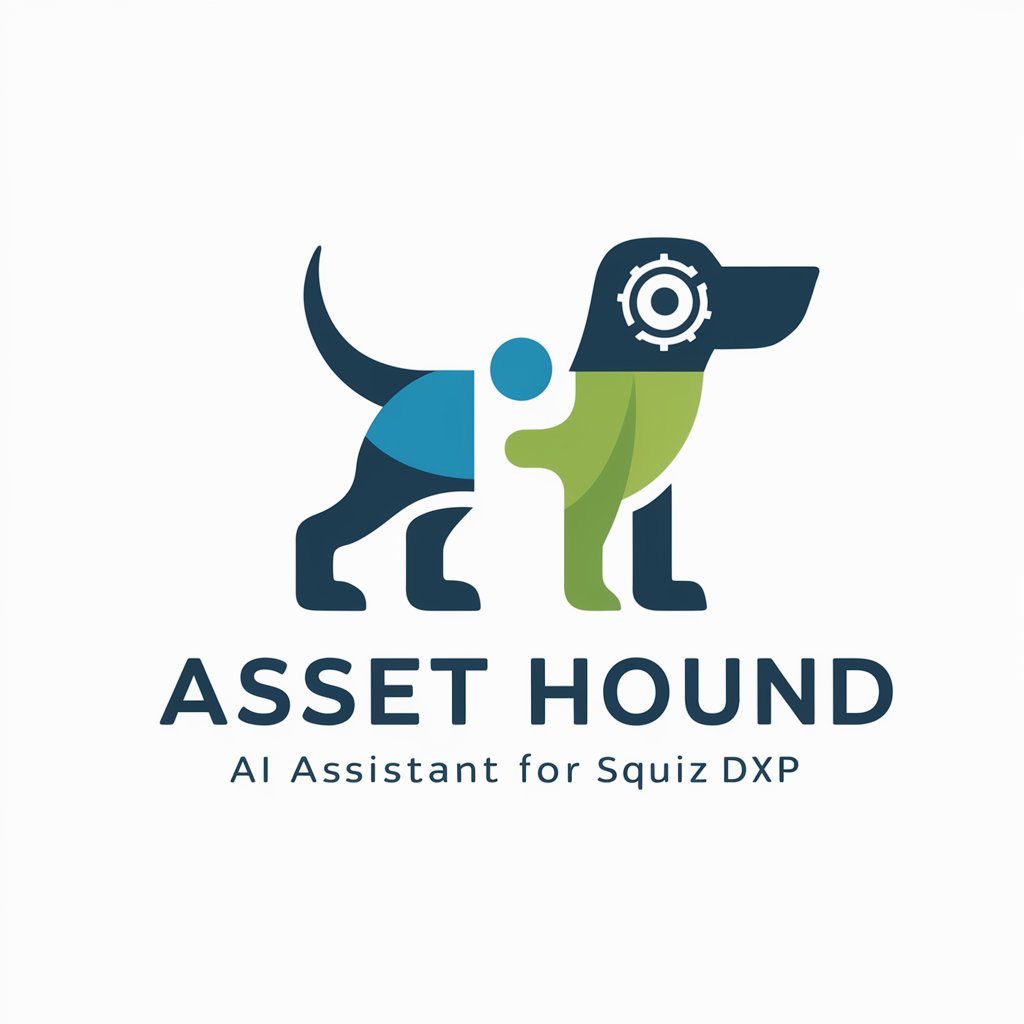
C++ Mastery in Autonomous Robotics Systems
Empowering Robotics with AI-Driven C++ Coding
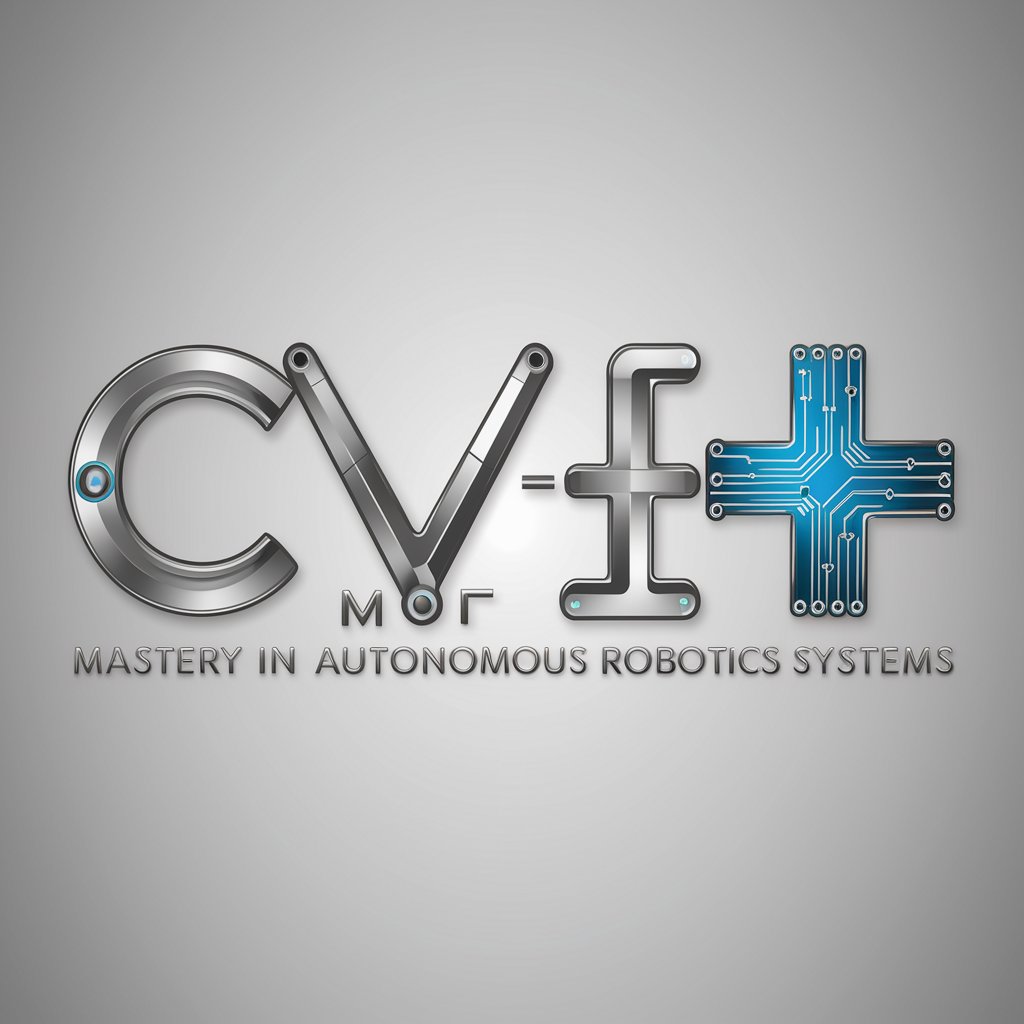
Key Attributes of System Debugging AI Tools
AI GPTs for System Debugging come with a range of unique features tailored for troubleshooting and resolving software issues. They include advanced error log analysis, real-time debugging advice, code correction suggestions, and the ability to understand and process technical documentation. These tools can adapt from basic error identification to offering complex solutions for system optimization, supported by continuous learning capabilities that evolve with user interaction and feedback. Special features also encompass integration with development environments, automated testing frameworks, and the ability to simulate potential fixes.
Who Benefits from Debugging AI?
These AI tools are designed for a wide range of users, from novices who are just starting out in the field of software development to experienced developers and IT professionals managing complex systems. They provide an accessible platform for those without deep coding skills, thanks to intuitive interfaces and natural language processing capabilities. Simultaneously, they offer powerful customization options and advanced functionalities for seasoned programmers, making them a versatile asset in the debugging process.
Try Our other AI GPTs tools for Free
Command Simulation
Discover AI GPTs for Command Simulation: versatile tools for automating tasks, testing systems, and creating interactive AI experiences with precision and adaptability.
Romance Guidance
Explore AI-driven Romance Guidance with GPTs: personalized, accessible advice and insights for navigating your love life.
Architectural Planning
Discover how AI GPTs are revolutionizing Architectural Planning, offering innovative solutions for design, planning, and optimization. Perfect for professionals and novices alike.
Construction Guidance
Discover how AI GPTs for Construction Guidance are transforming project planning and execution, offering innovative solutions to enhance efficiency and productivity in the construction industry.
Genetic Counseling
Discover how AI GPTs revolutionize Genetic Counseling, offering personalized insights, risk assessments, and decision-making support tailored to your genetic health needs.
Disease Prevention
Discover how AI GPTs for Disease Prevention leverage advanced analytics and AI to offer personalized health insights and strategies, revolutionizing preventative care.
Expanding the Horizon with AI Debugging
AI GPTs for System Debugging represent a significant advancement in software maintenance, offering a blend of efficiency, adaptability, and intelligence. Their ability to learn from interactions and adapt to various debugging scenarios makes them an indispensable tool for developers. Furthermore, their integration capabilities with existing systems and workflows pave the way for a more streamlined and effective debugging process, enhancing software quality and reliability across different sectors.
Frequently Asked Questions
What exactly are AI GPTs for System Debugging?
AI GPTs for System Debugging are specialized AI tools that leverage Generative Pre-trained Transformers to help identify, analyze, and solve software bugs and system errors.
How do these AI tools assist in debugging?
They analyze error logs, suggest code corrections, provide real-time debugging advice, and can simulate fixes to improve software reliability and performance.
Can non-programmers use these AI debugging tools?
Yes, these tools are designed with user-friendly interfaces that allow individuals without extensive programming skills to effectively utilize them for debugging.
Are there customization options available for developers?
Absolutely, developers can customize the tools to fit their specific debugging needs, integrating with existing development environments and workflows.
Do these AI tools learn and improve over time?
Yes, they are built on machine learning models that evolve and adapt through continuous interaction, user feedback, and the ingestion of new data.
Can AI GPTs for System Debugging integrate with my current development tools?
Many of these AI tools are designed to seamlessly integrate with popular development environments and tools, enhancing their debugging capabilities.
How do AI debugging tools handle complex system architectures?
They are capable of understanding intricate system designs and codebases, providing context-aware solutions and optimizations for complex architectures.
What makes AI GPTs better than traditional debugging methods?
AI GPTs offer a more efficient, intuitive, and comprehensive approach to debugging, capable of identifying and solving problems that might be overlooked by traditional methods.